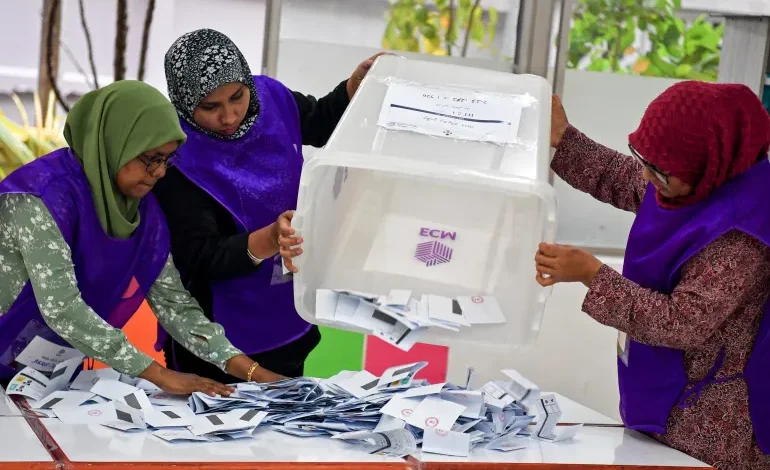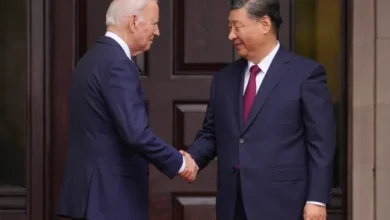‘Music to Beijing’s ears’: Has China won the Maldives presidency?

The Maldives has a population of half a million people scattered across more than 1,000 islands. But last weekend, the picturesque archipelago delivered an electoral verdict that has sent shock waves around the world — and especially across the Indian Ocean region.
Mohamed Muizzu, the opposition candidate, emerged victorious in the presidential run-off on Saturday and secured 54 percent of the vote, results released by the electoral commission showed.Muizzu, who backs closer ties between the Maldives and China, defeated the incumbent President Ibrahim Mohamed Solih, who is widely perceived as pro-India.
“With today’s result, we have got the opportunity to build the country’s future,” Muizzu said in a statement after his victory. “The strength to ensure the freedom of Maldives.”
The vote transformed into a de facto referendum over the country’s ties with India and China.
India has 75 military personnel stationed in the Maldives. New Delhi says they are there to maintain and operate two helicopters and an aircraft it donated to the country. Throughout his election campaign, Muizzu pledged to remove those troops from the Maldives.
“Seen from the zero-sum lens that often drives great power competition, Beijing is a big winner from this election,” Michael Kugelman, South Asia director at the Wilson Center, a Washington-based think-tank, told Al Jazeera.
“Muizzu’s campaign plank was not only about strengthening ties with Beijing, it was also about aiming to undermine India by calling for an end to any Indian military presence in Maldives. This is music to the ears of Beijing,” he added.










